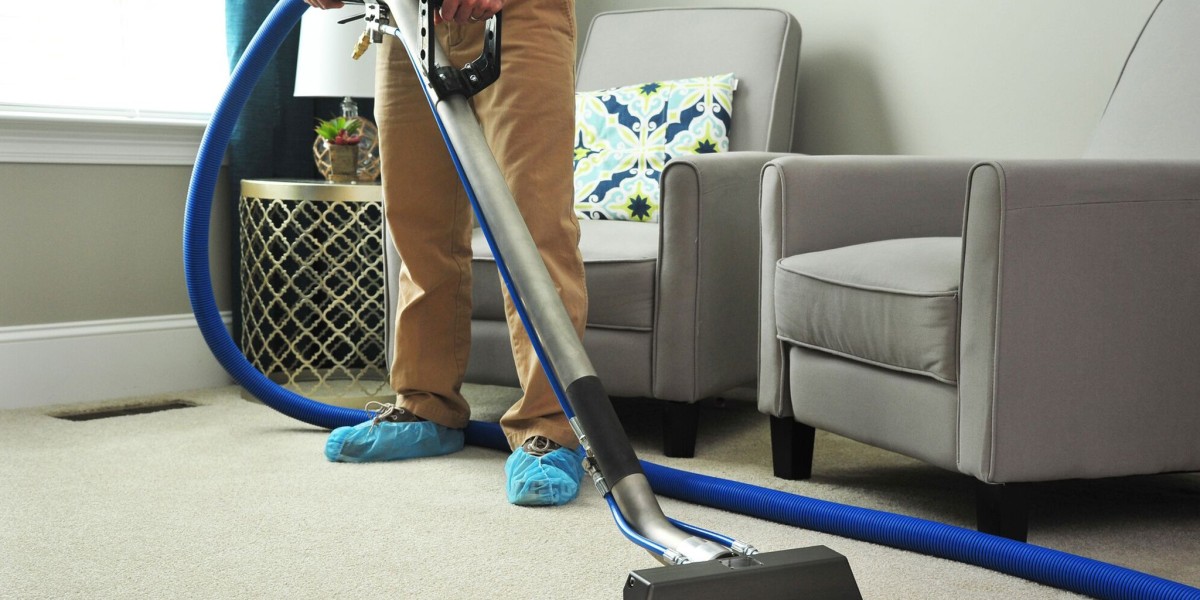In web converting lines and slitting applications, the Differential Shaft plays a central role in ensuring each roll of material is wound with consistent tension, even when core diameters or material thicknesses vary.
Precision in Multi-Roll Web Tension Control
Differential shafts are designed to accommodate multiple winding reels on a single shaft while maintaining independent tension across each roll. This is made possible by a unique internal mechanism—typically involving a slip ring, air pressure system, or friction control—that adjusts torque delivery for each core independently. The result is uniform winding, even when roll diameters differ slightly during operation.
This innovation addresses a common problem in web material production: maintaining consistent roll quality despite variability. Without the use of a differential shaft, inconsistencies in tension could lead to wrinkling, telescoping, or slack winding, all of which affect final product quality and can cause material waste.
Supporting a Wide Range of Substrates
One of the core advantages of using differential shafts is their adaptability across a variety of substrates including plastic films, paper, nonwovens, and aluminum foil. Whether it’s high-speed label production or delicate material slitting, differential shafts enable machine operators to handle multiple widths and weights of material without retooling or stopping the process.
Operators can adjust tension settings quickly through pneumatic or mechanical means, depending on the shaft type. This flexibility significantly reduces downtime and makes the shaft suitable for automated production environments where time efficiency is critical.
Enhancing Production Efficiency
In addition to tension control, differential shafts help improve production throughput. By supporting multiple reels on a single shaft, operators can reduce the number of web passes required, enabling more output in less time. Moreover, because each roll is wound evenly, post-processing tasks like cutting, laminating, or printing become easier and more precise.
The shaft’s durability is another point of value. Made from high-strength metals and engineered for extended wear life, differential shafts require minimal maintenance. Many models offer modular components that can be easily replaced or upgraded, extending operational longevity and lowering total cost of ownership.
Key Applications in Modern Industry
Industries that benefit most from differential shafts include packaging, label manufacturing, hygiene product production, and flexible electronics. As material requirements in these sectors become more sophisticated, the need for advanced winding technology like differential shafts becomes increasingly important.
By investing in precision-engineered winding components, manufacturers can meet growing demands for quality, speed, and flexibility—key elements of competitiveness in today’s production environment.
To learn more about this advanced equipment and explore model options, visit www.cbbmachine.com



![Email Marketing Market Size, Industry Share | Forecast [2025-2035]](https://snapfier.s3.amazonaws.com/upload/photos/2025/05/sS3v1bxUpIo9s5FIcqOu_23_cc60821d300cbbc78f6da72c6e3ff16c_image.png)





